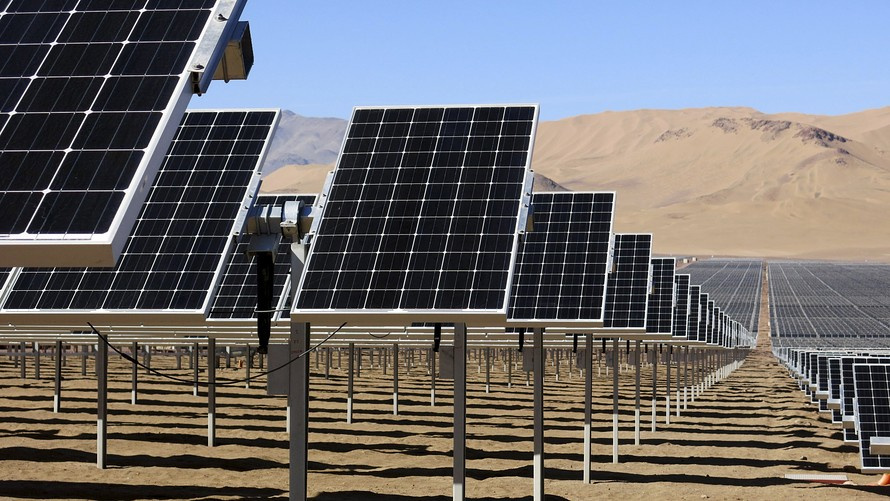Morgan Stanley: by 2020 renewable will become the cheapest form of energy

Analysts at Morgan Stanley banking holding believe that renewable energy sources, such as solar and wind energy, will soon spread everywhere. In their report, analysts report that by 2020, renewable energy will be the cheapest form of new-generation power generation around the world, with the exception of a few countries in Southeast Asia.
According to the forecasts of researchers, the main driving force for reducing carbon emissions from enterprises will be the benefits of renewable energy, rather than government policy. For example, despite the stated intention of US President Donald Trump to withdraw the country from the Paris Climate Agreement , they expect that by the new decade the country will exceed the Paris commitment to reduce carbon emissions by 26-28% and bring them to the 2005 level.
There are both economic and technological prerequisites for the development of this scenario. According to the study, the price of solar panels worldwide fell by 50% between 2016 and 2017. And in countries with favorable climatic conditions, the costs associated with the use of wind power, can be from ½ to of the cost of power plants on natural gas or coal. Innovations in the design of wind turbines with the increase in the length of the wind blades can improve efficiency, which will increase the output power of the wind energy sector.
For countries where policies are negatively related to renewable energy, such as Australia, the outlook for Morgan Stanley is also very encouraging: by 2020, renewable energy will provide about 28% of electricity. For South Australia, the forecast is 60%.
More loyal to alternative energy sources, European countries are actively developing projects for their implementation in everyday life. For example, Norway plans to completely ban the heating of homes with oil and gas by 2020. They should be replaced by specialized sawdust boilers, renewable energy sources and heat pumps.
Despite all the advantages of alternative sources, they have one major drawback. Unlike traditional nuclear power plants, thermal power plants and hydropower plants, whose work a person can control, renewable energy sources depend on uncontrolled natural changes. For example, people cannot force the wind to blow and the sun to shine when it is convenient for them. Therefore, we need either maneuverable power plants - those that can be turned on and off when a power shortage occurs in the network - or special storages.
In the same Australia, the head of Tesla Inc. and SolarCity Ilon Musk will support initiatives in this area and build a battery pack that will accumulate energy from the Hornsdale Wind Farm wind farm manufactured by Neoen and nearby solar farms. In the event of an extraordinary power outage, the batteries will be able to provide thousands of households.
All Articles